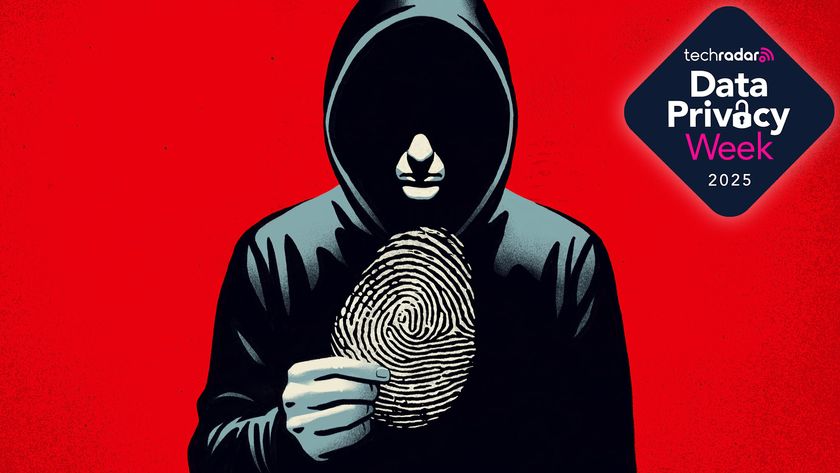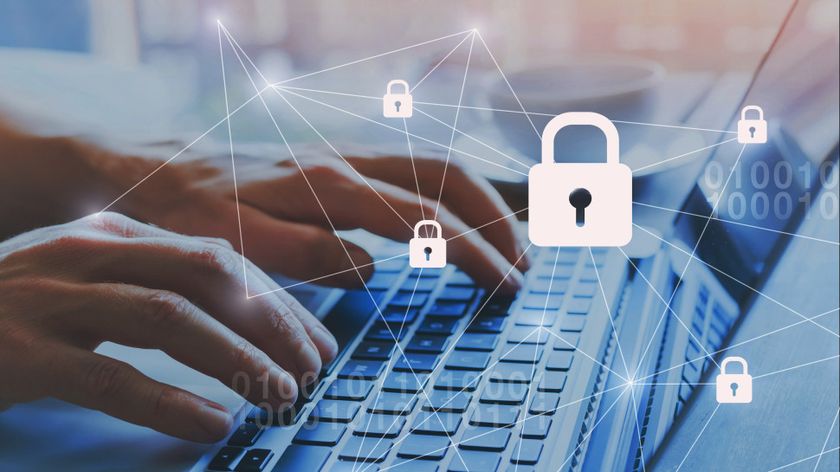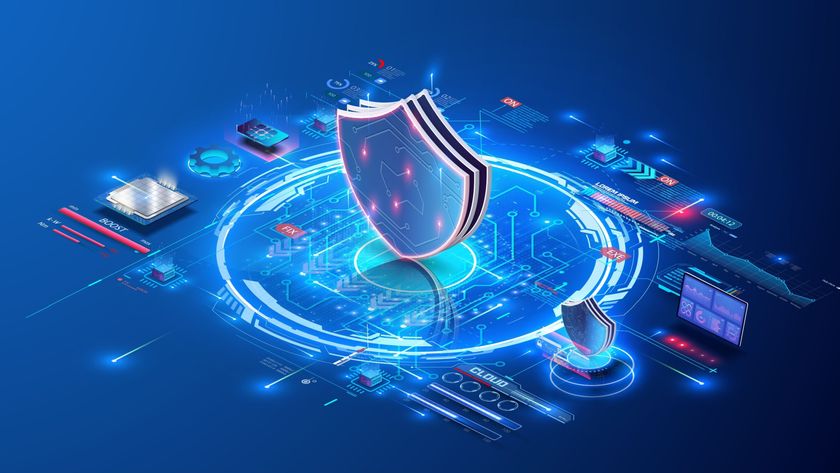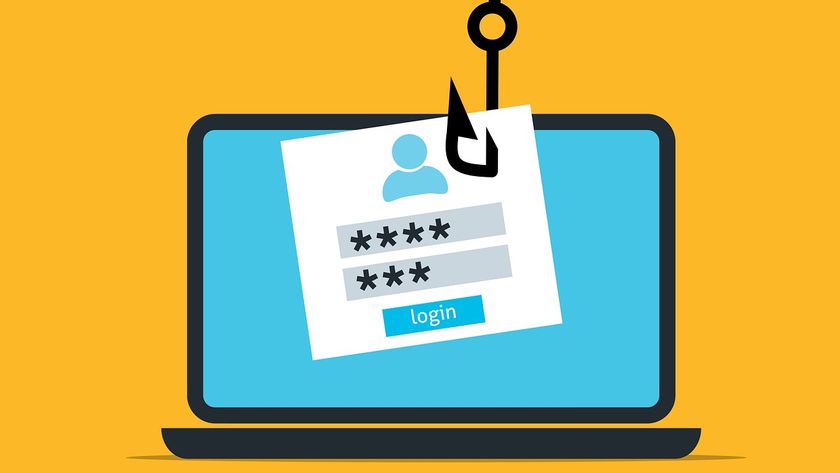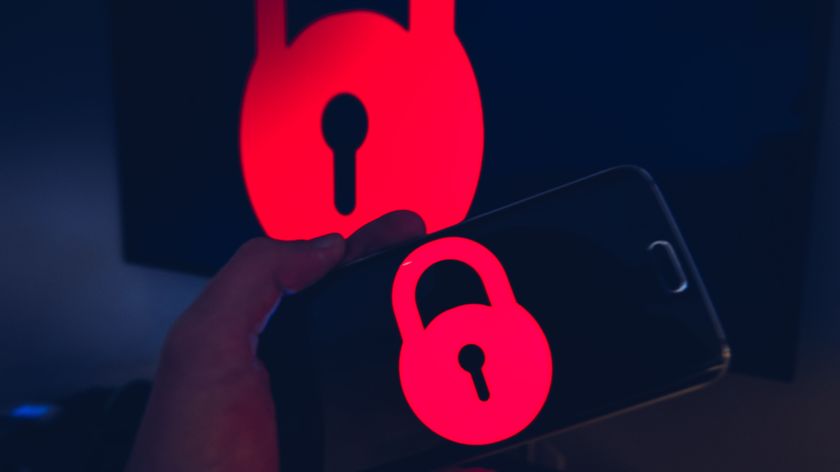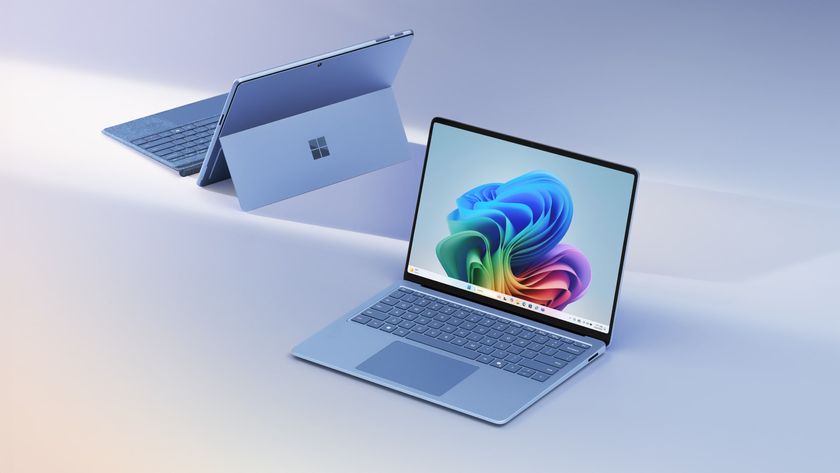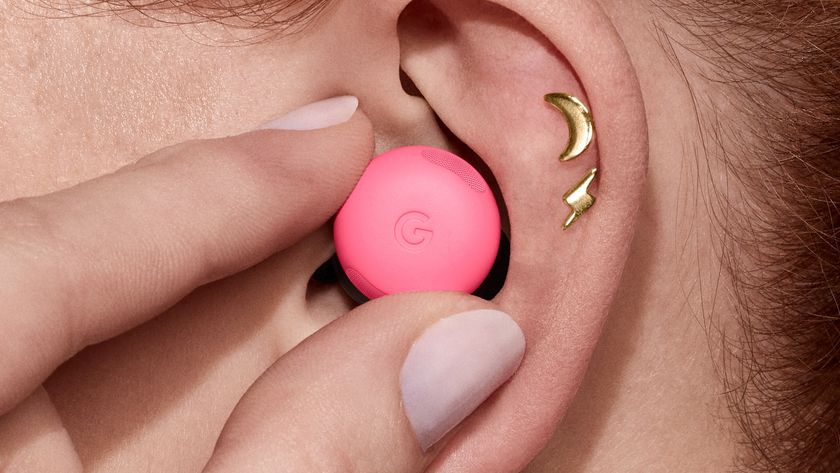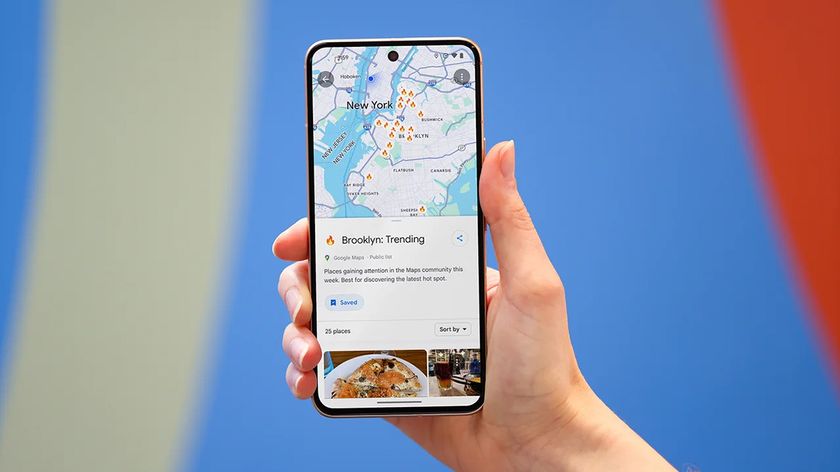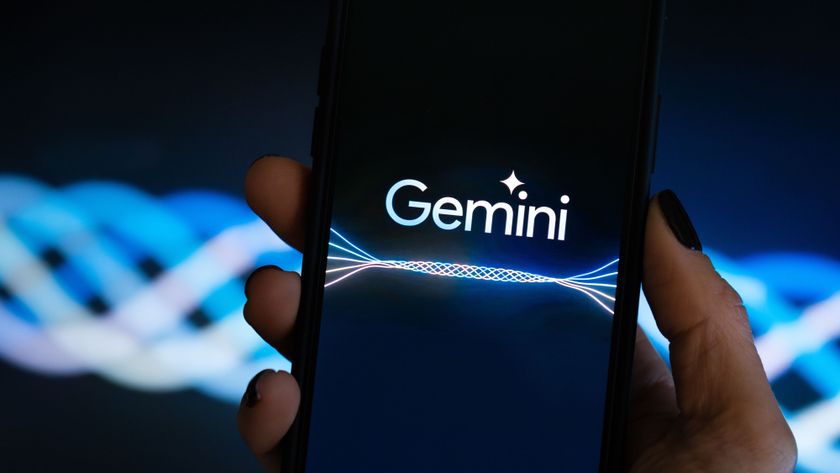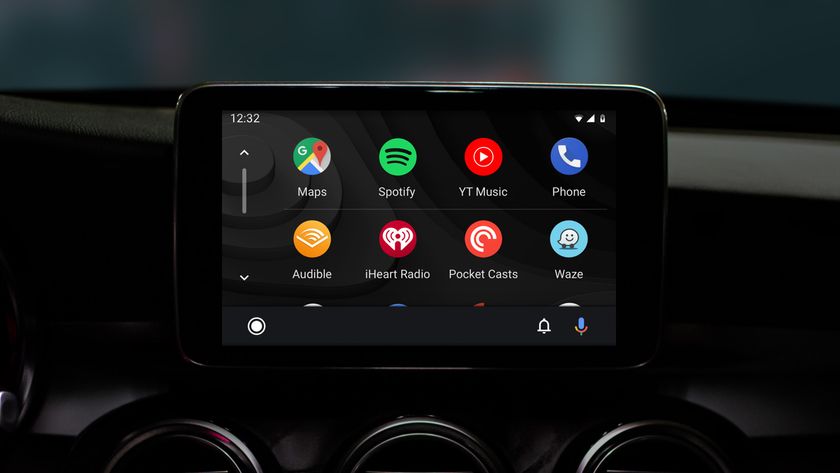Here's why businesses should care about the smishing epidemic
Consumer trust is on the line

Brand impersonation is nothing new and, as with any other form of fraud, is a job for law enforcement agencies to quell. However, most consumers don’t agree with this statement completely and believe brands - who are being impersonated - are also the ones who should be doing a lot more to minimize the threat.
These are the findings of a report from digital trust pioneers Callsign, which polled more than 9,500 adults, and found almost half (42%) expect mobile operators to do more to stop fraudsters using their platforms, and a third (33%) demand the same from banks.
Scammers are engaging in all kinds of fraudulent practices, from email (67% of the poll’s respondents received at least one scam email in the past year), to SMS (57%), to phone (46%), messaging apps (33%) and social media (37%).
- Here’s our list of the best password managers right now
- We’ve built a list of the best security keys on the market
- Check out our list of the best identity theft protection available
And while many (37%) don’t know where to report the scam attempt, or who to report it to, many (34%) simply get too many to be bothered. As a result, the consumers are trusting brands less and less. Almost half (45%) said their trust in banks, retailers, mobile network operators, delivery companies, and such, has decreased.
Identifying users through behavior
Consumers also know what they expect the brands to do. More than a third (38%) believe users should be forced to confirm their identity when logging into a platform.
For Callsign, to solve the problem, businesses need to rethink how they fight fraud and identify people online. Instead of “actively identifying fraud”, fraud strategies should “look to positively identify only genuine users”.
This, the company believes, “automatically and simultaneously prevents fraud”, and could be achieved by layering behavioral biometrics over threat detection, device and location data.
Are you a pro? Subscribe to our newsletter
Sign up to the TechRadar Pro newsletter to get all the top news, opinion, features and guidance your business needs to succeed!
“It’s time to re-think fraud prevention strategies, identifying genuine users through their behaviors will allow us to identify users online and re-establish digital trust,” concluded Stuart Dobbie, SVP, Innovation, Callsign.
- Here’s our rundown of the best VPN services out there
Sead is a seasoned freelance journalist based in Sarajevo, Bosnia and Herzegovina. He writes about IT (cloud, IoT, 5G, VPN) and cybersecurity (ransomware, data breaches, laws and regulations). In his career, spanning more than a decade, he’s written for numerous media outlets, including Al Jazeera Balkans. He’s also held several modules on content writing for Represent Communications.
